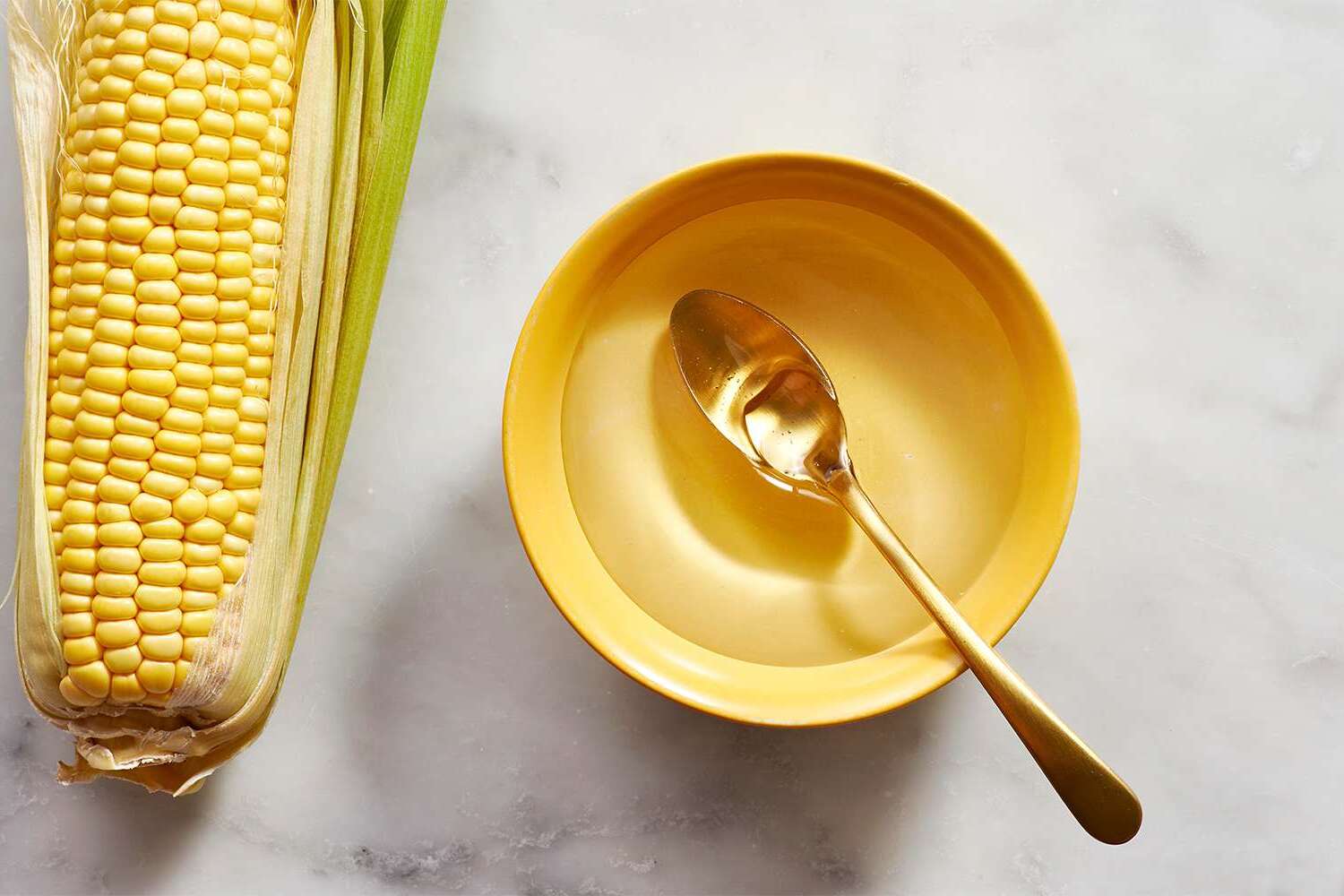
Corn syrup is a common ingredient in many foods, but how much do you really know about it? This sweetener, derived from corn starch, plays a significant role in the culinary world. Did you know that corn syrup comes in different types, like light and dark, each with its own unique flavor and use? It's often used in baking, candy making, and even in some savory dishes. But why is it so popular, and what makes it different from other sweeteners? Let's dive into 29 intriguing facts about corn syrup that will surprise you and maybe even change how you view this everyday ingredient.
What is Corn Syrup?
Corn syrup is a sweetener made from corn starch. It's commonly used in foods and beverages. Let's dive into some interesting facts about this ubiquitous ingredient.
- Corn syrup is produced by breaking down corn starch into glucose through a process called hydrolysis.
- It was first developed in the mid-19th century as a cheaper alternative to cane sugar.
- There are two main types: light corn syrup and dark corn syrup. Light corn syrup is clear and has a mild flavor, while dark corn syrup is brown and has a more robust taste.
- High-fructose corn syrup (HFCS) is a variant where some glucose is converted into fructose, making it sweeter.
- HFCS is commonly used in soft drinks, candies, and baked goods due to its sweetness and low cost.
Uses of Corn Syrup
Corn syrup is versatile and found in many everyday products. Here are some ways it’s used:
- It acts as a thickener in sauces and soups.
- Bakers use it to retain moisture in baked goods, keeping them soft and fresh longer.
- It prevents sugar crystals from forming in candies and ice creams, ensuring a smooth texture.
- Corn syrup is a key ingredient in marshmallows, giving them their chewy consistency.
- It’s often added to fruit preserves and jams to enhance sweetness and improve texture.
Health and Nutrition
Corn syrup has been a topic of debate regarding health. Here are some facts related to its nutritional impact:
- Corn syrup contains calories but lacks essential nutrients like vitamins and minerals.
- Excessive consumption of HFCS has been linked to obesity and metabolic disorders.
- Some studies suggest that HFCS may contribute to liver fat accumulation, leading to non-alcoholic fatty liver disease.
- Unlike table sugar, corn syrup doesn’t cause a rapid spike in blood sugar levels, making it a preferred sweetener for some diabetics.
- The American Heart Association recommends limiting added sugars, including corn syrup, to reduce the risk of heart disease.
Production and Environmental Impact
The production of corn syrup involves several steps and has environmental implications. Here’s what you need to know:
- Corn syrup production starts with milling corn to extract the starch.
- The starch is then mixed with water and enzymes to break it down into glucose.
- Producing HFCS involves an additional step where glucose is converted to fructose using another enzyme.
- Corn farming for syrup production requires significant water and land resources.
- The use of genetically modified (GM) corn in syrup production raises concerns about biodiversity and environmental sustainability.
Corn Syrup in Popular Culture
Corn syrup has made its way into various aspects of popular culture. Here are some interesting tidbits:
- It’s often used in movie special effects to simulate blood due to its thick, sticky consistency.
- Corn syrup was a key ingredient in the original Coca-Cola recipe before being replaced by HFCS.
- The debate over HFCS versus sugar has been featured in numerous documentaries and health discussions.
- Some chefs and food enthusiasts prefer using corn syrup in recipes for its unique properties and flavor.
- Corn syrup is a staple in many traditional American recipes, such as pecan pie and caramel corn.
Alternatives to Corn Syrup
For those looking to avoid corn syrup, there are several alternatives available:
- Honey is a natural sweetener that can be used in place of corn syrup in many recipes.
- Maple syrup offers a distinct flavor and can be a substitute in baking and cooking.
- Agave nectar is another alternative, known for its low glycemic index.
- Brown rice syrup is less sweet but can be used as a replacement in some dishes.
Corn Syrup: The Sweet Truth
Corn syrup, a common ingredient in many foods, has a complex story. It's made from corn starch and comes in different forms, like high-fructose corn syrup (HFCS). While it adds sweetness and texture to foods, it’s also linked to health concerns like obesity and diabetes. Moderation is key when consuming products with corn syrup.
Understanding its role in the food industry helps make informed choices. Reading labels and being aware of what you eat can make a big difference. Corn syrup isn't inherently bad, but overconsumption can lead to health issues. Balance and awareness are crucial.
Informed decisions about diet and nutrition can lead to a healthier lifestyle. Corn syrup will likely remain a staple in many foods, but knowing its effects helps navigate its presence in your diet. Stay informed, stay healthy.
Was this page helpful?
Our commitment to delivering trustworthy and engaging content is at the heart of what we do. Each fact on our site is contributed by real users like you, bringing a wealth of diverse insights and information. To ensure the highest standards of accuracy and reliability, our dedicated editors meticulously review each submission. This process guarantees that the facts we share are not only fascinating but also credible. Trust in our commitment to quality and authenticity as you explore and learn with us.


